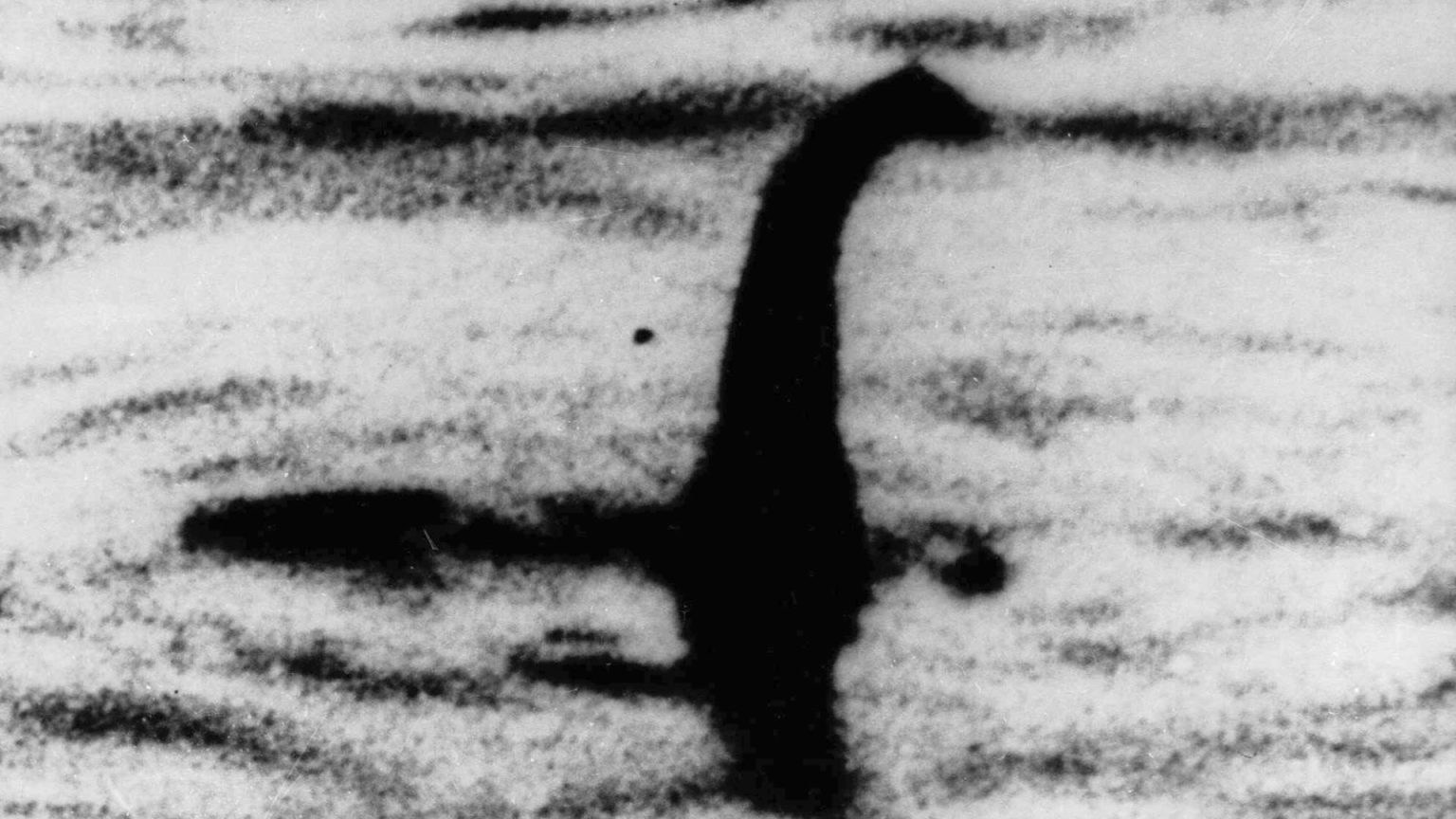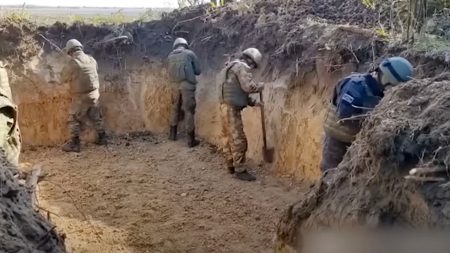The existence of the Loch Ness Monster, along with other cryptids like Bigfoot and Yeti, has been definitively debunked by Professor Tim Coulson, a leading biologist at Oxford University. He argues that the absence of concrete physical evidence, such as skeletons, fossils, or even credible photographs, after centuries of purported sightings, renders their existence highly improbable. Prof. Coulson emphasizes the biological implausibility of a large, breeding population of these creatures surviving undetected for extended periods, particularly in well-explored areas like Loch Ness. He asserts that the belief in these mythical beings stems more from imagination and folklore than from scientific reality, categorizing them as “pure fantasy and fun figments of our imagination.” While acknowledging the economic benefits that tourism related to these myths brings to regions like Inverness, he encourages enthusiasts to shift their focus from searching for fantastical creatures to embracing scientific inquiry.
Conversely, Prof. Coulson maintains a more open stance on the possibility of extraterrestrial life. He draws a clear distinction between the search for cryptids, which inhabit familiar terrestrial environments, and the search for aliens, which would exist in the vast unexplored expanse of the universe. He notes that humanity has only explored a tiny fraction of the cosmos, making it premature to dismiss the existence of alien life forms. He emphasizes the immense scale of the universe compared to the relatively limited areas where cryptids are purported to dwell. This difference in scale, coupled with the lack of comprehensive exploration of space, leaves room for the possibility of alien life, whether in the form of simple microbial organisms or more complex, intelligent beings.
Prof. Coulson’s argument rests on the principle of scientific evidence. In the case of cryptids, the lack of verifiable physical evidence, combined with the biological challenges of sustaining a breeding population undetected for generations, effectively refutes their existence. He highlights the disparity between the numerous anecdotal accounts and the complete absence of tangible proof. Furthermore, the environments where these creatures are said to inhabit, while often remote, have been subject to considerable exploration, further diminishing the likelihood of their existence remaining undetected. He posits that the persistence of these myths owes more to cultural narratives and human psychology than to scientific plausibility.
In contrast, the search for extraterrestrial life, while still lacking definitive proof, benefits from the sheer scale and unexplored nature of the universe. Prof. Coulson argues that the vastness of space, combined with our limited exploration of it, allows for the possibility of alien life existing beyond our current detection capabilities. He acknowledges that the probability of encountering intelligent alien life might be low, but given the immense number of stars and planets in the universe, it cannot be definitively ruled out. This open-mindedness towards extraterrestrial life stems not from blind faith, but from the acknowledgement of the vast unknown that characterizes our understanding of the universe.
The contrast between Prof. Coulson’s dismissal of cryptids and his openness to the possibility of alien life underscores the importance of scientific rigor in evaluating extraordinary claims. While the lure of the unknown can be captivating, scientific inquiry requires evidence-based reasoning and a healthy skepticism towards unsubstantiated assertions. He champions a scientific approach that values evidence and rigorous investigation over anecdotal accounts and wishful thinking. His perspective serves as a reminder of the importance of critical thinking and the need to distinguish between fantastical narratives and scientific plausibility.
Prof. Coulson’s stance ultimately advocates for a more reasoned and evidence-based approach to exploring the mysteries of the universe, both on Earth and beyond. He encourages a shift from chasing mythical creatures towards embracing scientific exploration as a means of understanding the natural world. He acknowledges the allure of the unknown but emphasizes the importance of grounding our explorations in scientific principles. His perspective highlights the power of scientific inquiry to dispel myths and illuminate the true wonders of the universe, urging us to focus on exploring the vast unknowns of space rather than clinging to unsubstantiated claims about terrestrial cryptids.











